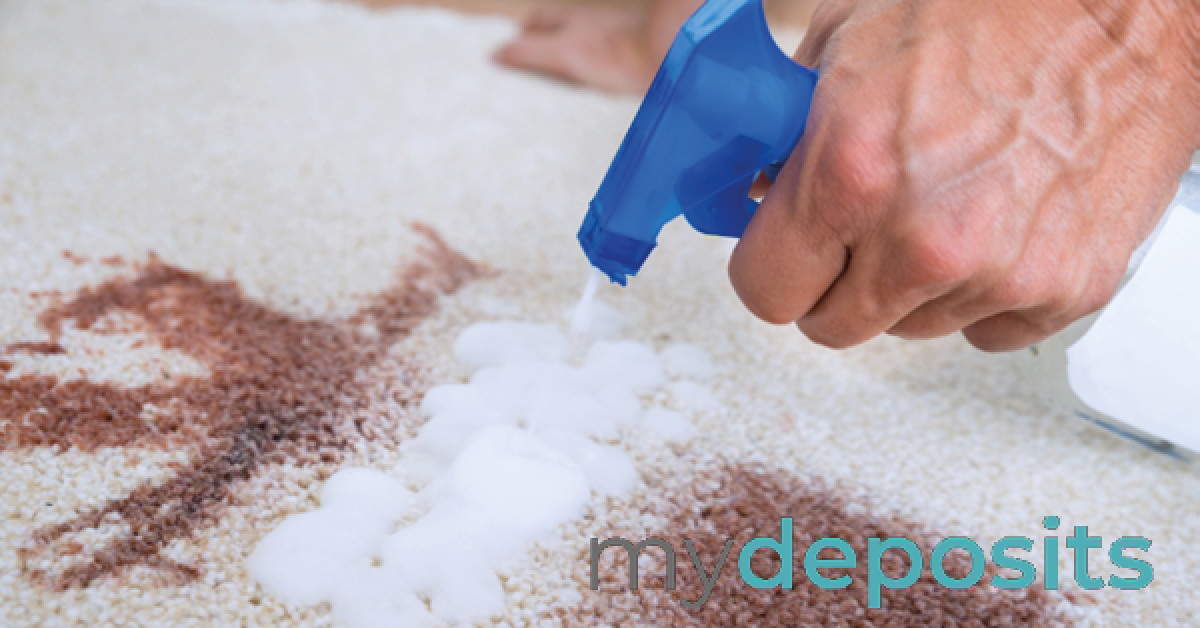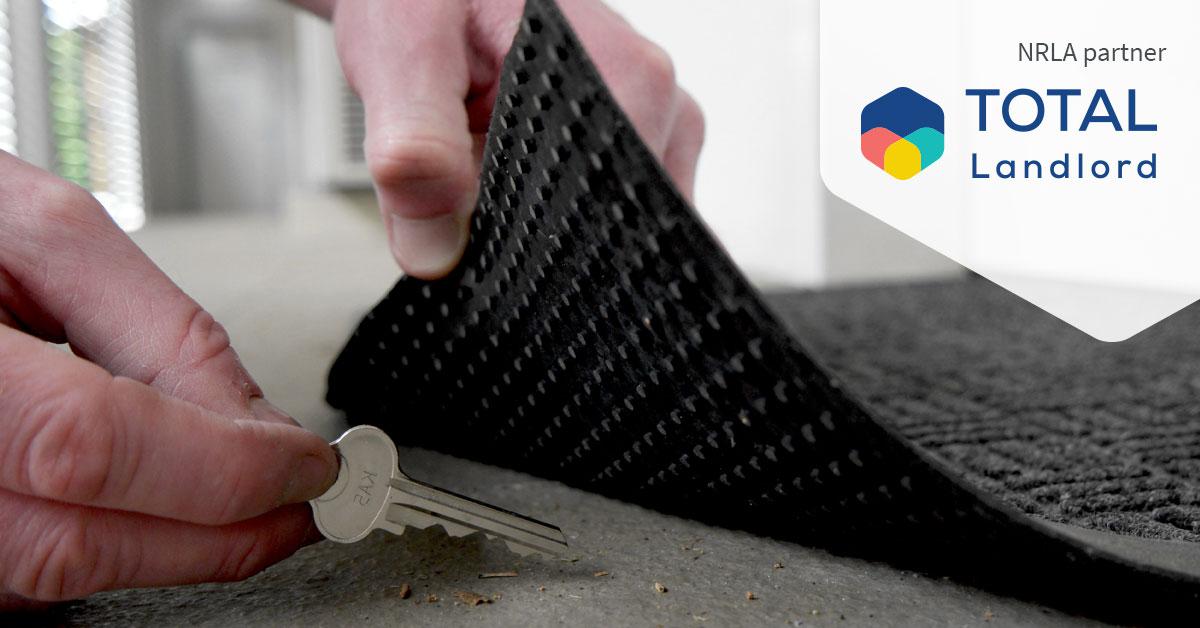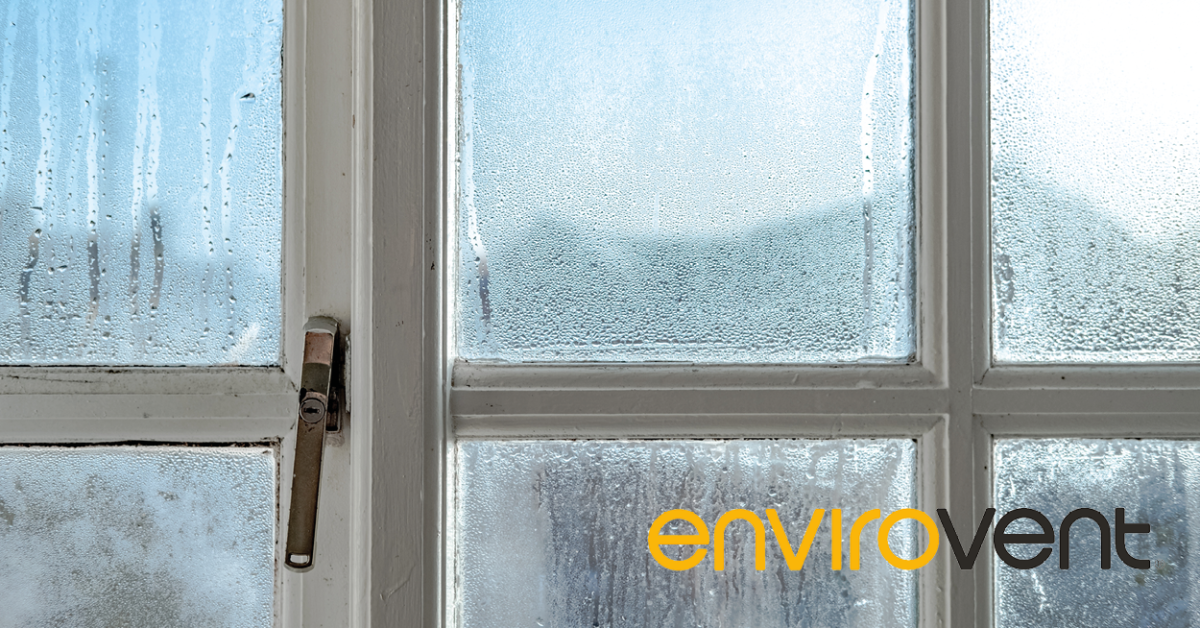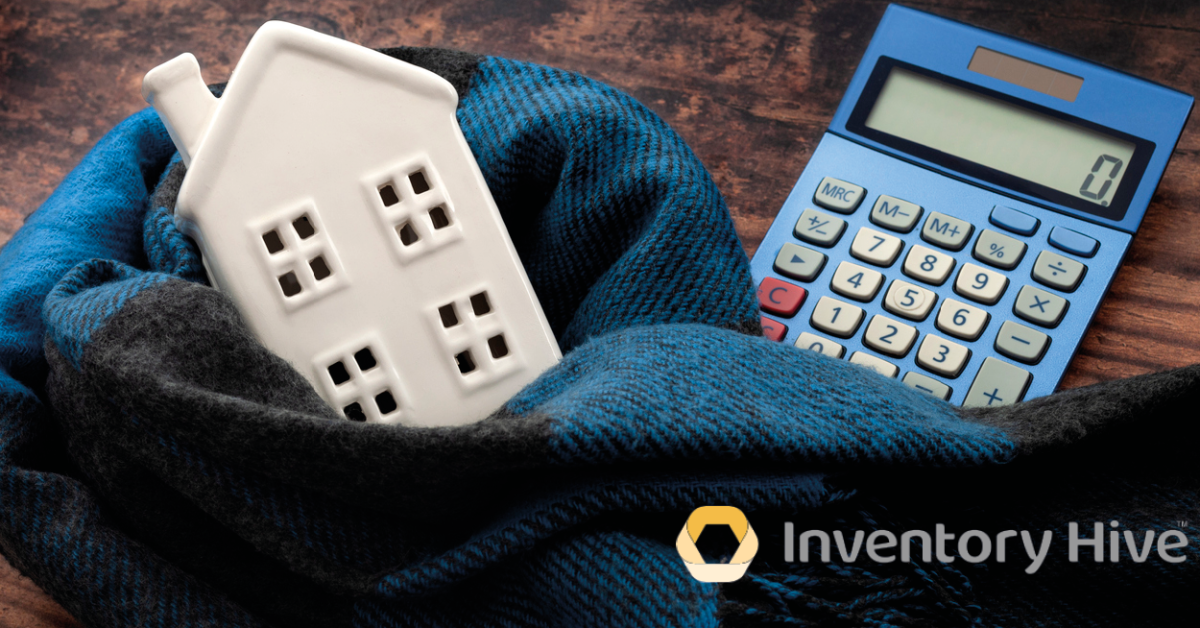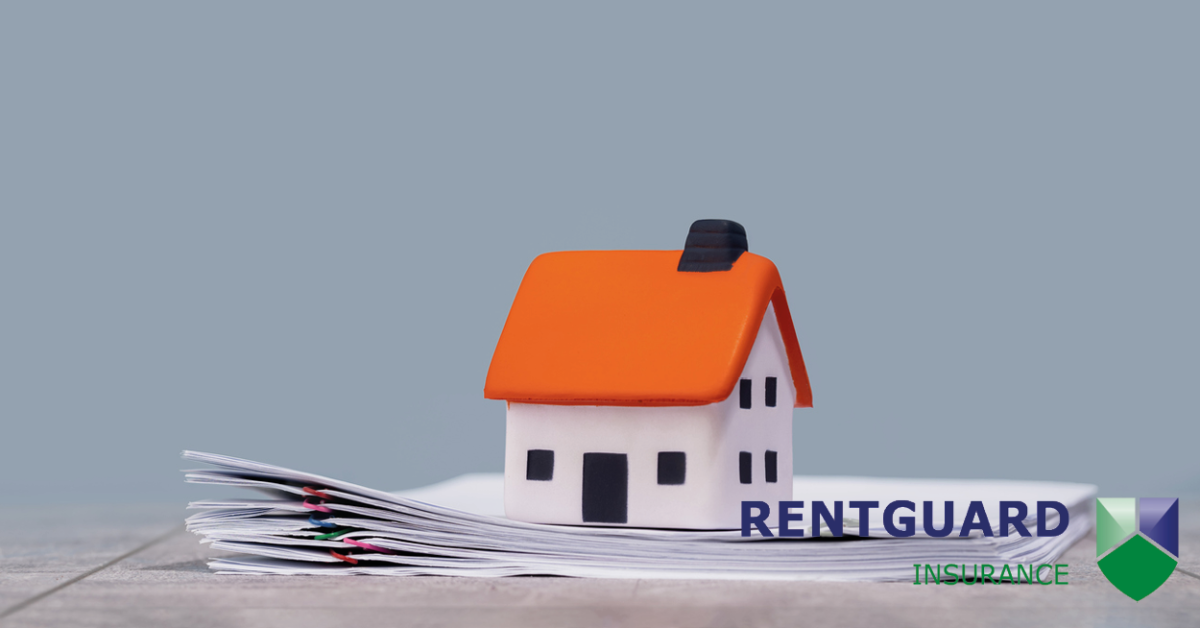Partners and suppliers
Property Pontoon - Will you Stick or Twist?
Ben Rose, Head of Group Business Development at NRLA Recognised Supplier Less Tax 4 Landlords on the current state of the private rented sector, and how factors such as legislation change and falling supply are having an impact.
Deposit Deductions - What you can and can't claim for
In this article, NRLA deposit protection provider, mydeposits looks at the most common deposit deductions, what landlords can and can't claim for and why a deposit clause is essential. It addresses fair wear and tear as well as betterment, both of which can be seen as grey areas when it comes to deposit deductions. The article also draws on real life examples as described in case studies and includes tips and advice on how to reduce the likelihood of disputes happening in the first place.
A Limited Company - Your Ticket to Buy to Let Bliss?
Why invest with a limited company? The number of people investing in property through limited companies has doubled since 2017. NRLA Recognised Supplier, GetGround talks us through some of the benefits.
How to Tackle Property that Won't Sell
What should you do if your property has been sitting unsold for months? Tom Scarborough, the founder and CEO of NRLA partner Movewise, offers some tips
The Complete Guide to Protecting your Property from Theft
In this guide, NRLA insurance partner, Total Landlord Insurance, draw on their expertise with tips to help you protect yourself and your property and reduce the risk of theft.
Banish condensation and mould this winter
Many tenants tend to ignore the early signs of condensation until the problem has exacerbated, causing mould to spread across your walls, windows and ceilings. Often, despite the problem going on for months, when they do make a complaint, tenants expect you to solve the problem in a timely manner - and completely redecorate the damage that has been done. NRLA Recognised Supplier, Envirovent, gives us some tips.
How to Reduce Heating Bills in Rental Properties
With the rising costs of living and current energy crisis, combined with energy performance certificate (EPC) requirements in rental properties, what can landlords do to improve energy efficiency and reduce heating bills for tenants? NRLA Recognised Supplier, Inventory Hive, gives us some tips.
Whose Responsibility is Rental Property Maintenance?
Whether you manage one home or multiple properties, you want to make sure that your investment is well looked after, and of course, that your tenant's home is a safe and healthy living environment. Part of keeping your property in good shape involves regular property maintenance. Who is responsible for the maintenance of a rental property? In this article, NRLA Partner, TDS looks at what a landlord is responsible for when it comes to property maintenance, and what a tenant should look after.
One Good Turn Deserves Another - How Mediation can Help when Tenants Fall Out with Each Other as Well as with You
Landlords will be well aware of the pitfalls of HMOs. Taking on multiple tenants - who often tend to be students - comes with its risks as well as its benefits. Student parties, rent arrears and personality clashes can all lead to an unhappy property. Add into the mix that the occupants are all individuals with their own tenancy agreements, and this can make the prospect of harmony seem like a distant dream. Hamilton Fraser tells us how mediation can help in this instance.
8 Most Asked Questions about Legal Expenses and Rent Guarantee Insurance
To help explain how such protection can be useful to landlords, NRLA Partner, Rentguard answered eight of the most asked questions they receive about this insurance.

